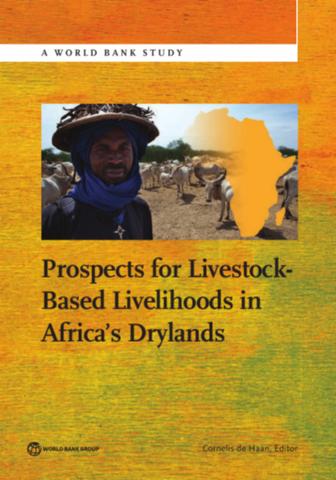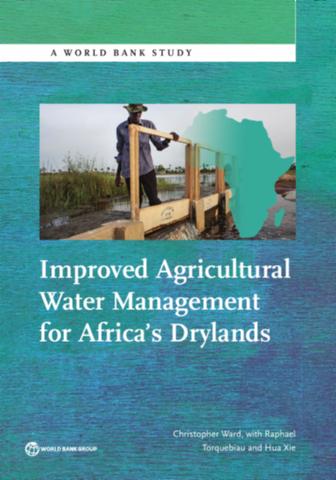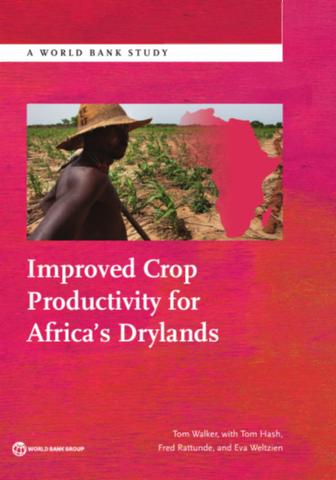Prospects for Livestock-Based Livelihoods in Africa’s Drylands examines the challenges and opportunities facing the livestock sector and the people who depend on livestock in the dryland regions of Sub-Saharan Africa. It presents a novel way of thinking about pastoral development, grounded in a…
This paper begins by exploring what the term family farming means and how appropriate it is in the NENA region. It will explore more generally the role of farming and agriculture in the broader political economy of the region. The paper establishes the distinctive features of the region, what…
The publication aims to provide a broad range of data and statistics on forests, and the impact and benefits that forestry has on our environment. It also offers some general information and data about the impact forests and forestry can have in mitigating the effects of climate change, as well…
Le présent décret définit les modalités de création et de délimitation des délégations communales et de fixer les règles d’organisation et de fonctionnement des délégations et des antennes communales, en application des dispositions des articles 133 et 136 de la loi n° 11-10 du 20 Rajab 1432…
Le présent arrêté fixe les modalités de conversion du droit de jouissance perpétuelle ou du droit de concession en droit de location des terres wakfs destinées à l’agriculture détenues par l’Etat, en application des dispositions de l’article 29 du décret exécutif n° 14-70 du 10 Rabie Ethani 1435…
Located in the Keserwan-Jbeil region of Lebanon, the Jabal Moussa Biosphere Reserve (N 34º 03’ 43.93”, E 35º 46’ 09.84”) is bordered by the Nahr Ibrahim river to the north and the Nahr el Dahab river to the south. The area of the reserve is approximately 6 500 ha large and the range of altitudes…
This report takes place within the framework of the regional project “Maximize the production of goods and services of Mediterranean forest ecosystems in the context of global changes” (2012-2016) financed by the French Global Environment Facility together with the German Cooperation (GIZ), the…
This paper assesses past trends in agricultural land and labour productivity, as a test whether it is feasible to meet the SDG target 2.3, namely doubling productivity and incomes of smallholders within a 15-year time span, if history were to serve as a guide. The target implies agricultural…
Dryland regions in Sub-Saharan Africa are home to one-half of the region’s population and three-quarters of its poor. Poor both in natural resources and in assets and income, the inhabitants of drylands are highly vulnerable to droughts and other shocks. Despite a long history of interventions…
Dryland regions in Sub-Saharan Africa are home to one-half of the region’s population and three-quarters of its poor. Poor both in natural resources and in assets and income, the inhabitants of drylands are highly vulnerable to droughts and other shocks. Despite a long history of interventions…
More than 200 million people living in dryland regions of Sub-Saharan Africa make their living from agriculture. Most are exposed to weather shocks, especially drought, that can decimate their incomes, destroy their assets, and plunge them into a poverty trap from which it is difficult to emerge…
More than 200 million people living in dryland regions of Sub-Saharan Africa make their living from agriculture. Most are exposed to weather shocks, especially drought, that can decimate their incomes, destroy their assets, and plunge them into a poverty trap from which it is difficult to emerge…




